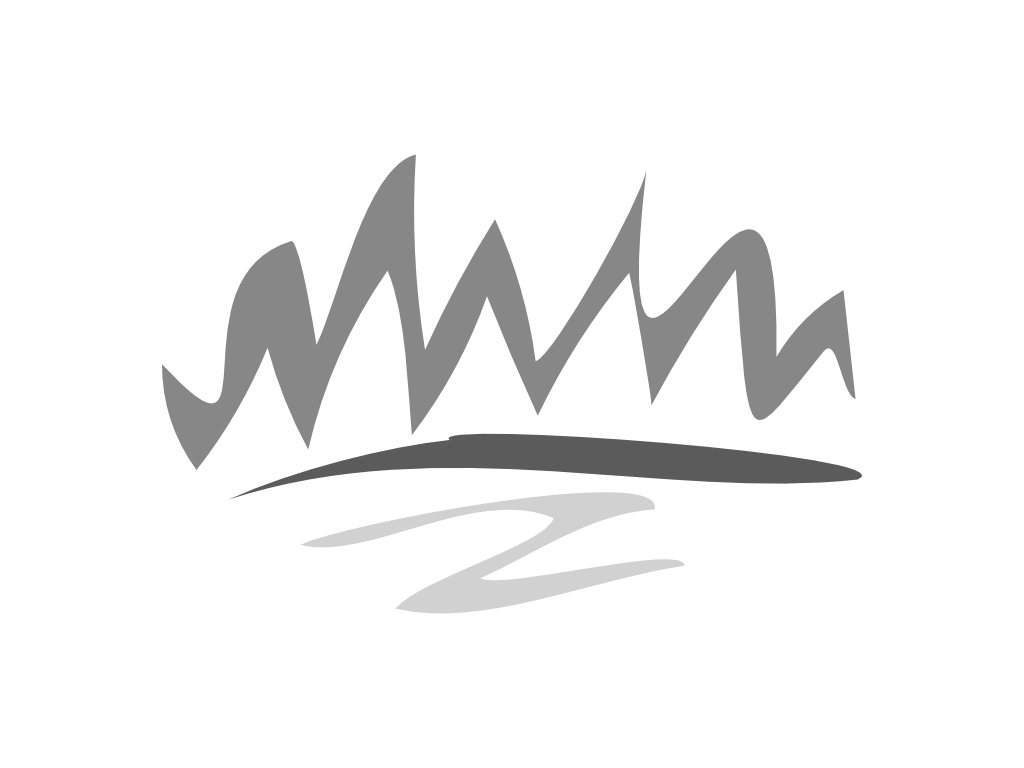
Wildfire threatens homes and properties throughout B.C.
VICTORIA – In a report released today, B.C.’s Forest Practices Board warns that little progress has been made in protecting urban interface areas from catastrophic wildfire and we are all responsible. In 2010, the board issued a report and recommendations to government and communities to address the risks of wildfire in urban interface areas. This followup report finds that the work done in the past five years has not addressed the hazard in a meaningful way.
“In 2010 we said that both provincial and local governments need to support forest fuel reduction efforts and homeowners have to take responsibility and FireSmart their properties,” said board chair Tim Ryan. “Less than 10% of hazardous forest fuels have been treated – at enormous cost to government – and few property owners have taken the steps to protect themselves from wildfire.”
The 2015 wildfire season is off to an early start with the Little Bobtail Lake fire near Prince George threatening properties and the board is very concerned that British Columbians are not prepared for what could happen this summer. “Government does not have the resources to respond to every wildfire and protect every community that is at risk,” said Ryan. “The solution has to be in prevention and readiness to withstand a wildfire.”
The report acknowledges that some excellent work has been done and the Province has committed millions of dollars to the effort. But the scale of the problem is so large, and the costs of treatment so high, that it’s merely a drop in the bucket. “B.C. has been lucky it hasn’t had any catastrophic urban interface fires since Kelowna in 2003, but that has been luck and nothing more,” Ryan said. “Today, Kelowna is an example of what communities can do to protect themselves.”
The report urges the public to take personal responsibility and ask local politicians and fire departments what the risks to their community are, to support the return of prescribed fire to reduce forest fuels, and to take simple steps to FireSmart their own properties. The report also provides a number of suggestions to improve the situation.
The Forest Practices Board is B.C.’s independent watchdog for sound forest and range practices, reporting its findings and recommendations directly to the public and government. The board investigates and reports on current forestry and range issues and makes recommendations for improvement to practices and legislation.
More information can be obtained by contacting:
Darlene Oman
Communications
Forest Practices Board
Phone: 250 213-4705 / 1 800 994-5899
